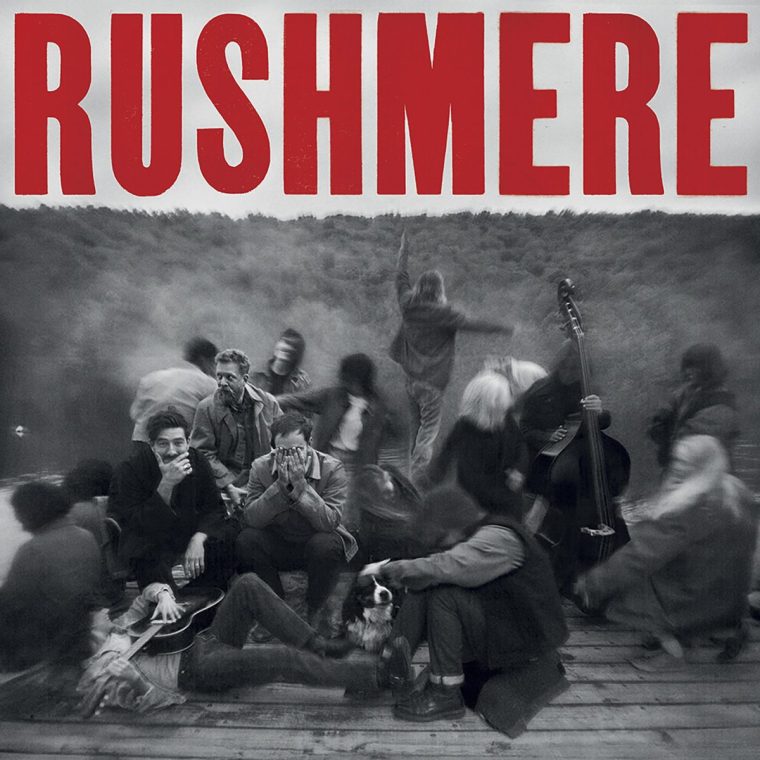The band’s first album in seven years remains true to their roots – but doesn’t push beyond a tried-and-tested formula
There was a halcyon period between around 2009 and 2012 when a specific type of bucolic-sounding music turned many of us into wannabe country bumpkins. Fedoras, foot stomping, cloudy cider – this was the vibe invoked by the pop-folk scene, spearheaded by the likes of Laura Marling, Fleet Foxes, Noah and the Whale and, of course, Mumford and Sons.
Many of those artists – Marling in particular – have developed and matured their sound, moving with the times. But some of them feel like a relic. As Mumford and Sons return with their first album in seven years, Rushmere, it’s clear that, though the indie revival is in full swing, we might need a bit more encouragement to get back on board with farmer-pop.
Unlike many people, I’ve got nothing against Mumford and Sons – in fact, I thought their debut album, Sigh No More, was excellent (perfectly reflecting the unrefined emotions of my late adolescence). I saw them several times at festivals during those glory days, including their Sunday headline set at Glastonbury 2013 – while frontman Marcus Mumford’s signature roar was already tiring to some, I found their songs pleasantly uplifting and sometimes moving.

Yet while Rushmere maintains the characteristics that defined the band back then – lush vocal harmonies, crescendos, plenty of banjo – it has lost the fervoured, of-the-moment intensity that redeemed Mumford and Sons, and instead descended into the predictable, stylised cheese that has long offended so many of their critics.
From the moment the album opens, with the grainy, chugging acoustic guitar of “Malibu”, you can tell exactly where we are. Personally, I’m sitting on a hay bale gagging on a menthol cigarette wearing heart-shaped sunglasses – which is to say, we are in 2010.
It’s not just the time-capsule feel that’s uninspiring – Mumford and Sons have, after all, released several records since the early hits, continuing in much the same vein for all those years – but the one-note atmosphere of the album.
The whole thing is imbued with that English-summer’s-day warmth that occasionally gets a bit too clammy and whose sunniness leans into the saccharine reverie of Christian rock (Mumford and his wife, the actress Carey Mulligan, are Christian, and lyrics like “I feel the spirit move in me again/I know it’s the same spirit that still moves in you”, or invocations of “holy land” and “heresy”, don’t shy away from it).
Many of the songs, too, stick to a rigid formula: they start slow and soft, just Mumford’s croon and a gently strummed guitar, and then build to an enormous final chorus that deploys instruments and voices in full force.
This happens over and over on Rushmere – on “Malibu”, “Rushmere”, “Truth” and “Surrender” – and it quickly becomes exhausting. In between those earthy rushes of feeling we do have some quietness – closer “Carry On” is tender and calm, while “Blood on the Page” is sad and reflective – but beyond being sonically soothing, the tracks do little to push further than the generic, and their serenity is undercut by the cultivated expectation that there will suddenly be a riproaring explosion of mandolins and cajons.
The album undulates but never soars, takes part but never lets go. Far from being the maturation that could have indicated a return to form, Rushmere feels like Mumford and Sons have reined themselves in since those days when youthful emotion was allowed to take over. Now, their style is too cloying for much genuine feeling to shine through.














